Mandated by the Civil Aviation Safety Authority (CASA), aviation medicals are essential for anyone who undertakes aviation duties, as either a pilot or air traffic controller.
This includes commercial pilots, private pilots and anyone who flies their own plane for recreation. To put it clearly: if you have a pilot’s license, you need to complete an aviation medical on a regular basis to be allowed to fly.
It makes sense for people to know their plane is being operated by someone in good health and who is not at high risk of having a heart attack, stroke or diabetes-related emergency. This is why aviation medicals are standard practice.
Health checks at aviation medicals
A standard aviation medical test will generally include all or some of the following:
- ECG/Heart test
- Audiograms/Hearing test
- Fasting lipids and glucose (Diabetes test)
- Eye Examination
- Lung Test
Your test may also include drug/alcohol testing and it may cover your state of mental health.
The tests you need in order to pass your aviation medicals depend on the class of license you are applying for and your age. For example, for Class One and Three certificates, ECGs are required at the first renewal after pilots turn 25, 30, 32, 34, 36, 38 and 40 years of age. After 40, an ECG is required annually.
Audiograms are required every five years. Fasting lipids and glucose are required at the first renewal after the age of 25 years and every five years until age 60 when they are required annually.
If you have a health condition, it does not automatically mean you will fail an aviation medical. However, you should contact your DAME (designated aviation medical examiner) about your specific circumstances.
Finding a designated aviation medical examiner
To take your test, you will need the help of a qualified aviation medicals examiner.
According to CASA, “the role of the DAME is complex and involves many aspects of aviation medicine, including:
- To personally examine an applicant for medical certification
- To discuss with the applicant their medical history and record in the medical examination
- To refer for follow up testing as required
- To send all of the relevant information to CASA in a reasonable period (usually not more than 14 days from examination)
- To respond to questions from applicants about illness/medical conditions
- To issue certificates for fitness to return to flying”.
You cannot go to your standard GP for your test. It must be someone qualified and experienced in aviation medicals.
Why get your aviation medical with us
As a professional who conducts aviation medicals, my job is to review pilots and air traffic controllers as they come through, to ensure they meet the CASA requirements for licensing. I also provide further medical investigations and follow-up as needed.
My link to the industry comes through my experience as a former RAAF Medical Officer. During my time in the RAAF, I undertook specific aviation medicine-related duties and was able to gain my qualification as a DAME.
At Main Road Medical Centre I offer pilots and air traffic controllers most of the testing required, including spirometry testing and audiology testing. Everything can be done onsite, with the exception of dedicated ophthalmology exams, however, we can direct you to a local aviation ophthalmologist to complete your testing.
As a pilot or air traffic controller, it is worth remembering CASA encourages an environment of trust, where pilots feel comfortable reporting any wellbeing issues, so they can receive the help and support they need.
Having an aviation medicals practitioner you feel comfortable with and trust is also important so you can discuss any health-related issues during your regular check-up appointments.
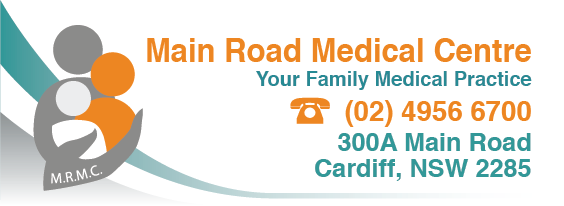



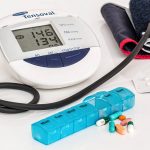



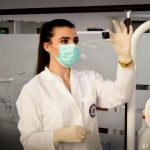
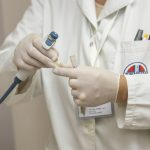

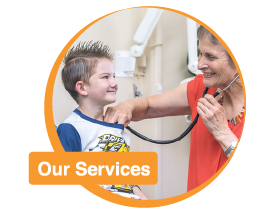


Sorry, comments are closed for this post.